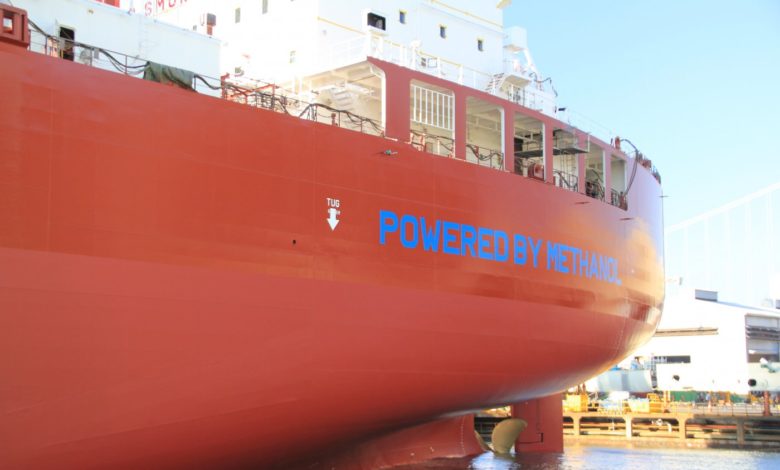European consortium bids to fast track commercial pathway to climate neutral methanol

A consortium of European maritime research and technology firms have launched the FASTWATER project to demonstrate the feasibility of retrofit and newbuild vessels to operate on methanol as a pathway to fossil-free shipping.
With funding from the European Commission, FASTWATER will focus on high impact outcomes, designing solutions for existing ships and designs for newbuildings, demonstrating methanol as a future-proof marine fuel to create a fast track to carbon neutral shipping.
The project aims to commercialise medium and high-speed methanol-fuelled engines for shipping. Consortium members, including original engine manufacturers, shipyards, naval architects, ship owners/operators, port and maritime authorities, classification, fuel producers, and research institutes, will demonstrate feasibility on three vessels running on methanol fuel: a harbour tug, a pilot boat, and a coast guard vessel.
A conversion concept for a river cruise ship using methanol-driven propulsion will also be developed and a universal, scalable retrofit kit for converting diesel fuelled ships to methanol use for a wide power range (200 kW-4 MW) will be validated.
In addition, FASTWATER will provide training programs for vessel crew and portside staff, develop rules and regulations for methanol marine fuel use, demonstrate the complete value chain for bunkering methanol – including net carbon neutral renewable methanol – elaborate a business plan, and identify CO2 and conventional pollutant reductions facilitated by the next generation methanol propulsion systems.
“The FASTWATER consortium members bring a strong track record with methanol projects to this effort, which will address current bottlenecks that are hindering the use of methanol as a fuel for waterborne transport,” said project manager Professor Sebastian Verhelst of Lund University and Gent University. “FASTWATER will put more methanol fuelled vessels on the water and showcase retrofit technologies that will serve as lighthouse projects supporting wider commercial introduction.”
